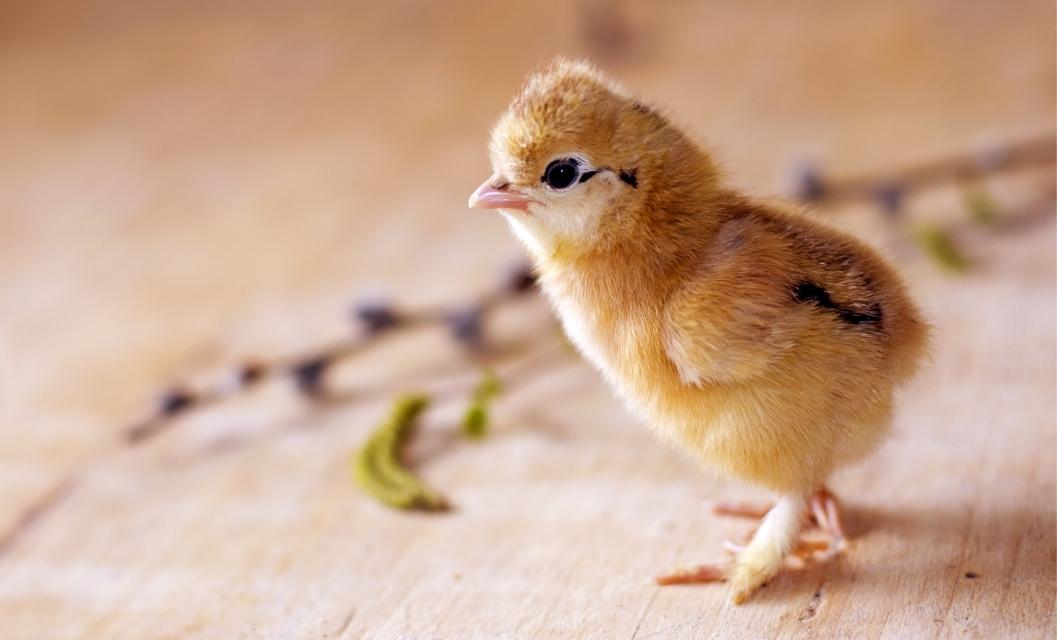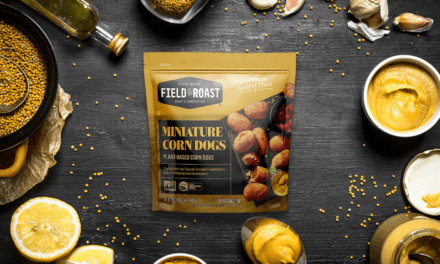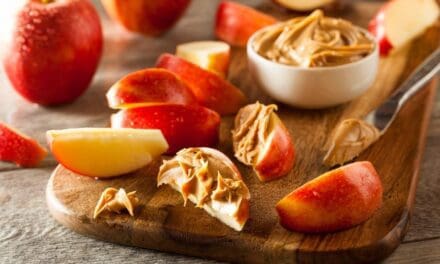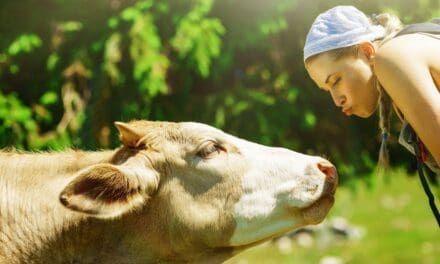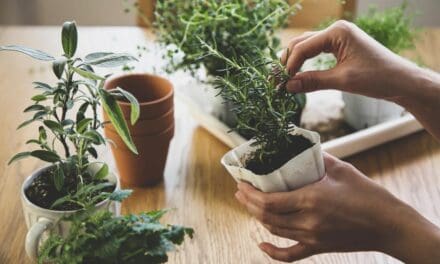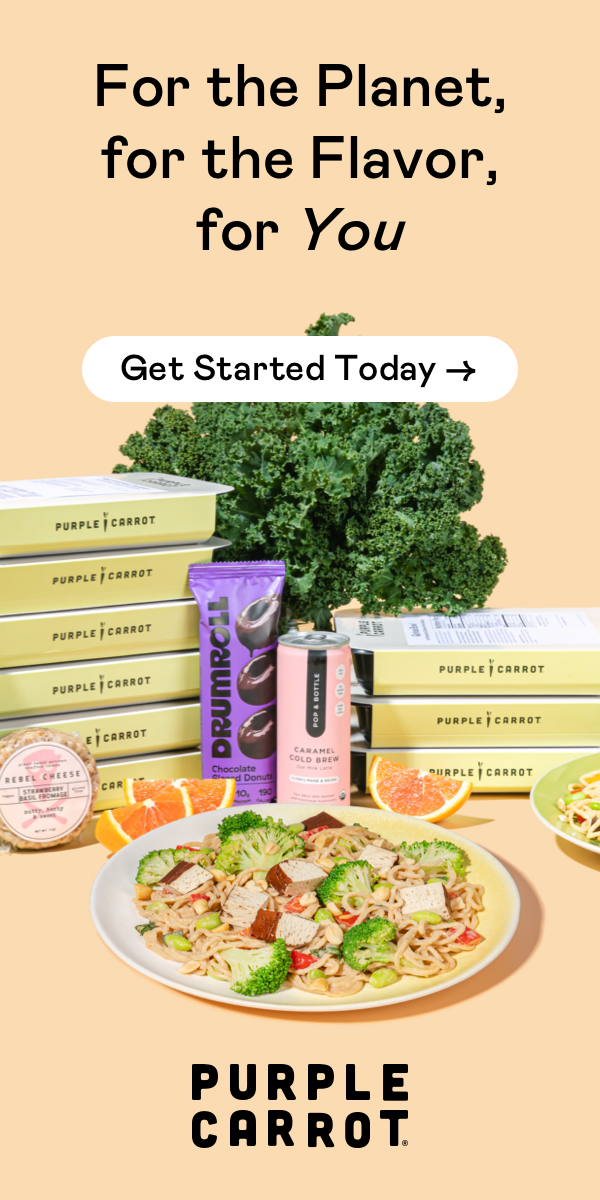While not everyone will feel the urge to go vegetarian, the motivations of vegetarians are easy to understand. Vegetarians don’t want to eat meat because they don’t like to contribute to the deaths of animals. The reasons that someone would choose to go vegan and skip dairy and eggs, as well as meat, are less clear. It doesn’t harm a chicken to lay an egg, so what’s the big deal? To vegans, the issue with eggs and milk has three main parts. First, what is life like for a dairy cow or commercial chicken? Second, what happens to the offspring of these animals? Last but not least, what happens to the animals when they can no longer produce milk or eggs?
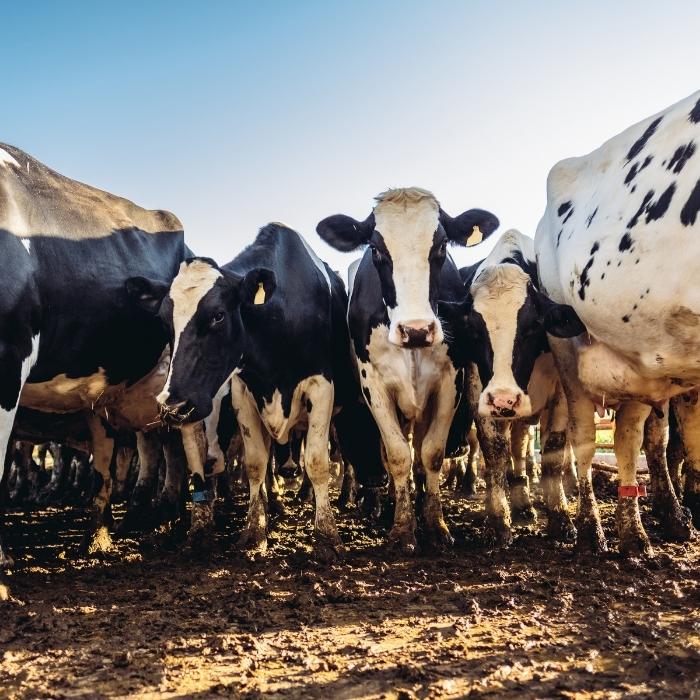
What happens to cows when they can no longer get pregnant and produce milk?
Factory Farming and Living Conditions of Hens and Cows
There’s a pastoral image of the life of a dairy cow that people find idyllic and gentle. There are many variations in what their life is like, so not every cow will have the same experience. The reasons for this include different laws on animal welfare and farming practices that differ from country to country.
However, the vast majority of dairy cows and egg-laying chickens live in cramped quarters. They’re part of factory farming, where the animals are commodities and treated as machines rather than individuals. Steps can be taken to minimize this; so-called “cage-free” eggs are a great example. However, often these measures obey the letter of the law but not the spirit. Cage-free eggs come from chickens that are kept in a huge pen with hundreds or thousands of other chickens…hardly the stress-free life people envision for them. According to the FDA, cage-free chickens do not even have to have access to the outdoors.
For dairy cows, the cycle is likewise unpleasant. They can stand for 10-12 hours a day on concrete floors, which damages their leg joints and can cause lameness. Cows also don’t produce milk spontaneously; they have to be bred yearly, and each year their calves are taken from them.
To vegans, the quality of life for these animals alone is enough reason not to consume milk and eggs.
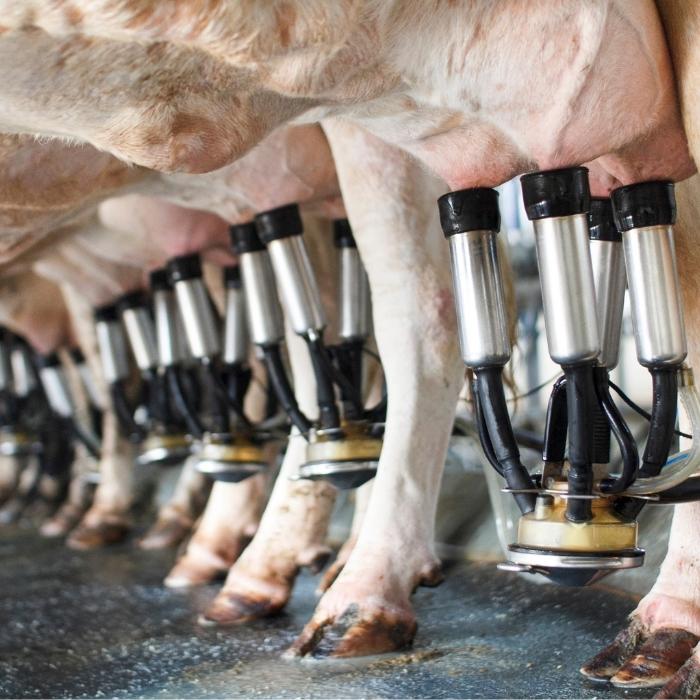
Just like humans, cows need to be pregnant and give birth in order to produce milk.
What Happens to the Babies?
There’s also the question of what happens to the babies. As stated above, cows cannot produce milk unless they’ve recently had a calf. That calf is taken from them immediately. If the calf is female, she will likely endure a life like her mother’s. She’s raised separately from other cows and has her horn buds destroyed at an early age. When she’s old enough, she will be bred, and her calf will be taken from her.
Male calves have no value on a dairy farm, understandably. So instead, they’re sold for meat. Some wind up as veal, but even those who don’t are slaughtered after a year or two and take their place on the table. In this way, the milk industry and meat industry are the same–it’s no surprise vegans eschew both!
Chickens don’t fare better. While chickens do lay unfertilized eggs, each chicken will only lay one a day at a maximum. Chickens cannot produce eggs for very long. Every year, many chickens are bred to maintain the egg supply. Again, there is little use for male chickens, and there’s no way to ensure that your hens only lay female chicks.
Male chicks are tossed alive into a machine that grinds them up as soon as workers can tell what sex they are. Female chicks get to live as their mothers lived…in cramped quarters, often caged, often without access to the outdoors. Eggs that are not cage-free are even worse, with chickens caged and stacked on each other.
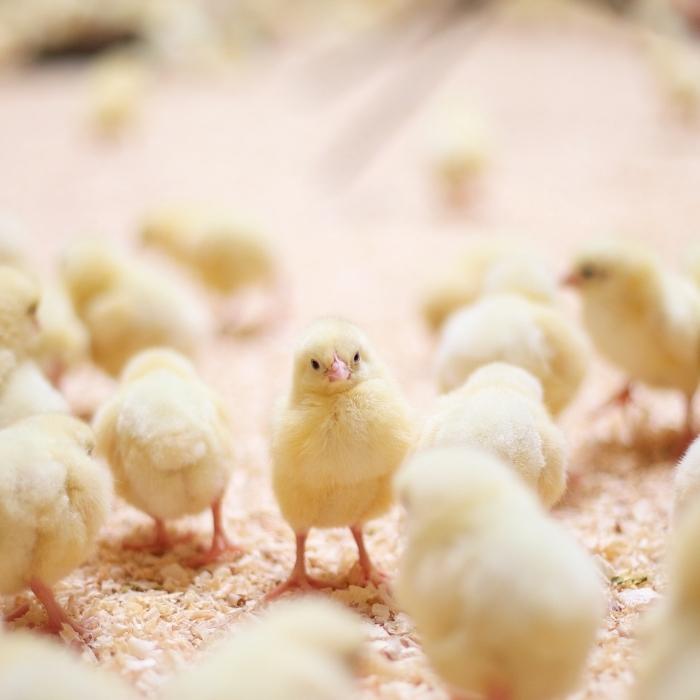
Male chicks are tossed into a machine that grinds them up as soon as workers can tell what sex they are.
What Happens to the Animals When Their Work is Done?
Both processes above are enough to turn vegans away from milk and eggs. When the goal is to see not a single creature come to harm, it’s clear that these systems don’t agree with vegans’ values. However, there’s also the matter of what happens to hens and cows when they can no longer produce eggs or milk.
Backyard chickens and pet chickens enjoy a lifespan of 6-8 years. However, they will only produce eggs for about 3-4 years. Most commercial hens never live longer than three; their egg-laying production drops off after that time.
Cows on their own have an average lifespan of 15-20 years. However, most dairy cows won’t see their seventh birthday. Many are slaughtered younger than five, as they cannot keep up with the demand for their milk.
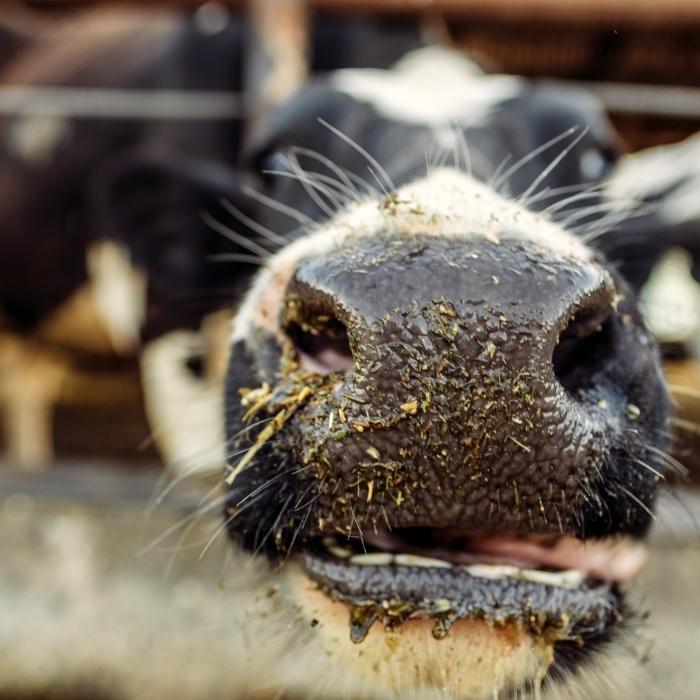
Although cows can live up to 20 years, most dairy cows won’t live to see their 7th birthday.
The Animal Products are Unhealthy Argument
While most vegans ditch dairy and eggs because of the cost to the animals, this list wouldn’t be complete without acknowledging that some vegans don’t believe animal products are healthy for humans to eat. This opinion has some scientific basis; those who ditch animal products enjoy health benefits like a lower risk of heart disease and all-cause mortality.
However, for most vegans, the argument that it’s unhealthy to eat milk and eggs is secondary to the damage that obtaining milk and eggs does to animals. With chickens living less than half their average lifespan and dairy cows regularly living a quarter to a third of theirs, it’s clear that these practices are deeply harmful to animals. That’s why, to vegans, skipping meat isn’t enough. Instead, ditching eggs and dairy allows them to live their values of causing the least amount of harm possible.

